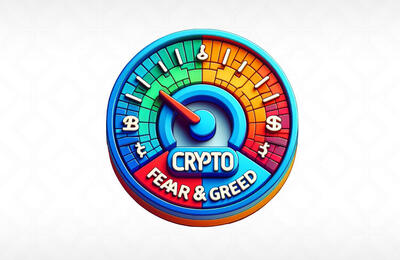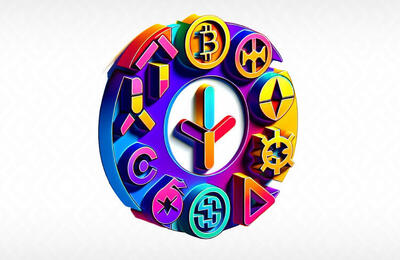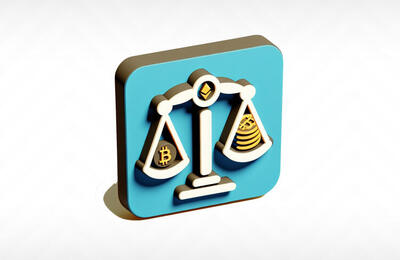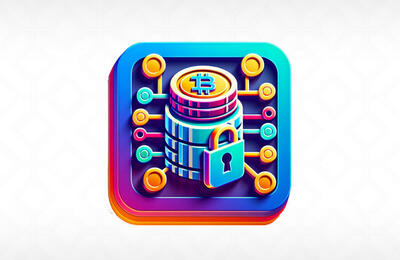
In the past year, 2021, crypto scammers made quite a killing. Between fake exchanges, brokers and DeFi firms, it is estimated they took $14 billion. Hacks alone accounted for about $3.1 billion as well. The crypto market seems to be a wild west with each week there being a bigger exploit. Recently, a group of scam victims brought up an important question — what role do large crypto institutions like Coinbase play in the picture. According to them, the firm should compensate their losses, and they have sought a decision of an arbitration court to make it so. This is a case that every crypto enthusiast should follow, and we have outlined the most important facts below:
Close to 100 bring Coinbase to arbitration — what does this mean?
The victims lodged their arbitration demand according to the rules of the Terms and Conditions of the company. It is important to note that decisions from arbitration courts are not legally binding. However, if the court rules in their favor, that would possibly mean a civil court could agree with that verdict. Either way, the outcome of it will be largely important — but what is being argued by the sides here?
The complaint brought up is that fraudsters have been draining the wallets of victims. The criminals noticed that said wallet does not have sufficient ways of protecting the victims of scams — they started directing the victims towards downloading the wallets and depositing there. Once that took place, they were able to quickly drain the funds using a smart contract. So, is the company actually obliged to put some kind of warning in place? And should it act to protect its clients in a space that espouses decentralization and trustlessness?
Is Coinbase responsible for the scams?
The victims claim the answer to the question is yes. They state that because the scams took place on a platform they perceived to be as legitimate as the e-wallet of Coinbase, they did not get the feeling something was wrong. They went on, without actually considering that they were being conned. In total, the victims allege they have lost over $21 million — something that could be prevented if the platform had in place a kind of warning message, outlining the possibility of scammers using it.
And it seems that Coinbase does recognize the same fact — in recent years, the company has moved to create a safety net for its investors. That way, when dealing with a transfer of money, its wallet app displays a warning if a certain smart contract can be used to drain funds from a person's wallet. Unfortunately, that warning was not in place for a particular Coinbase wallet application that the scammers were then able to exploit.
Commenting on the claim to arbitration, the company has stated it does not bear responsibility for its customers' wallets — indeed, making sure they were secure was supposedly their own job. The company added that it offers many products, as to provide a way for its clients to pick the best for them, and that it has already dedicated significant resources to making sure the types of scams the victims face do not endanger anyone further. But what kind of schemes did they fall for?
What kind of scams did the arbitration claimants suffer from?
As mentioned at the start, crypto fraud takes an incredibly wide range of forms. There are criminals on every step of the way — from exchanges and brokers, which steal their clients money, to DeFi platforms which turn out to be Ponzi schemes, to even fake investment schemes with impossible return rates and social engineering schemes.
In this particular case, the victims report falling for the last two in our list. Some of them were promised cloud mining contracts, which would have incredible returns on investment. They just needed to buy what the scammers called a «mining certificate». This certificate was nothing but a smart contract, which then allowed them to access the wallets of the victims and drain them. One particularly insidious and shocking aspect of this scam is that the money was not taken immediately — the smart contract granted access within several days or weeks, making the attack unpredictable for the victims.
They were also coerced into investing via social engineering — the practice of directly contacting a person, usually via a dating app, slowly gaining their trust and then presenting them with a lucrative opportunity. Since by then a personal connection is built, they are able to easily ignore the red flags that scammers show. Piece by piece, they are instructed to deposit more and more money into the fake platform, until they are thousands of dollars in and have nothing to show for it! This particular scheme is incredibly dangerous because it overlaps with the previous one — and so, the question of how one can even be safe in such a market arises.
How do I stay safe when dealing with crypto?
The best way to avoid being scammed is knowing who you are dealing with. This means, only giving your money to legitimate and regulated companies. The best example of that would be trading with a broker that offers CFDs — most of them allow their clients to also access the crypto market, and there are strict protections in place that ensure the safety of the client from scams. You just need to verify that the firm is indeed licensed with the two States regulators — the NFA and CFTC.
As for other crypto products, the guidelines for dealing with them are not so clear. When it comes to exchanges, stick to the biggest ones. Never trade on exchanges that are not internationally recognized. DeFi companies should be avoided at the current time — two of the biggest among them, Voyager and Coinbase have gone bankrupt because of their wildly unsustainable business model. Coinbase is going through a bankruptcy procedure and it is not likely that the investors in it will be able to recover anything.
Furthermore, you should learn to resist social engineering — stay wary of people contacting you personally, seeking to become friends with you and offering you investment advice. A good rule of thumb when dealing with new aquaintaces is to never tell them your financial status. Also watch out for people presenting themselves as crypto day traders, investors, FX experts and so on unprompted — that is usually a sign of a scammer.
With these tips in mind, you will be able to engage safer with the crypto market — and if you have already been victimized by it, follow the Coinbase arbitration case and keep your lawyer's phone on speed dial!













